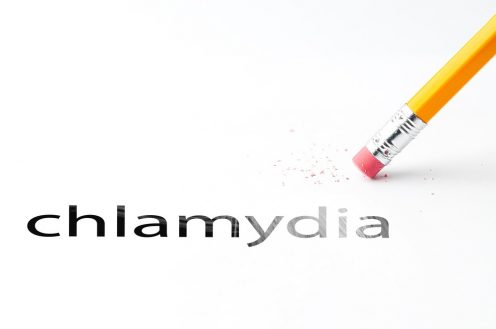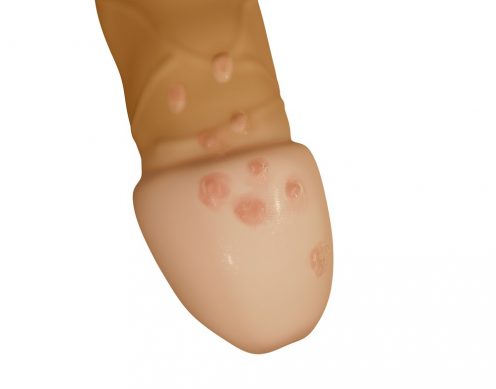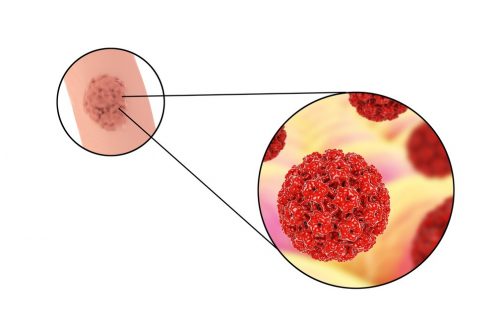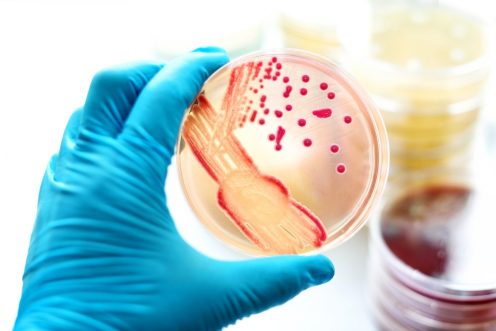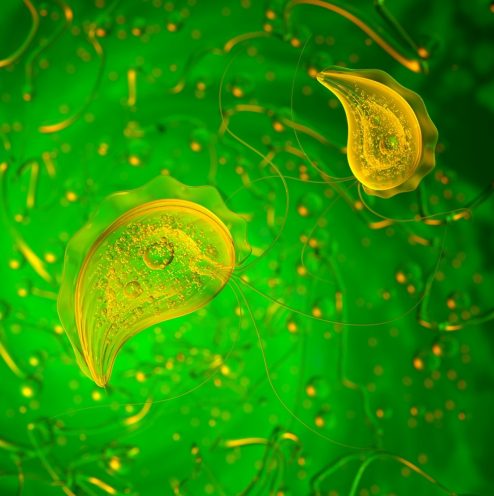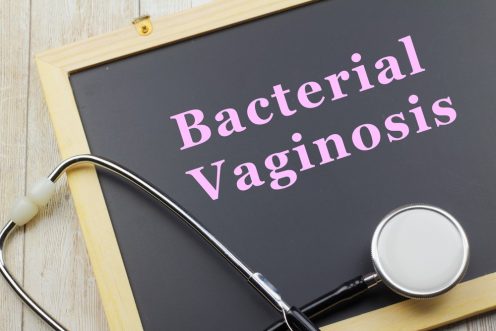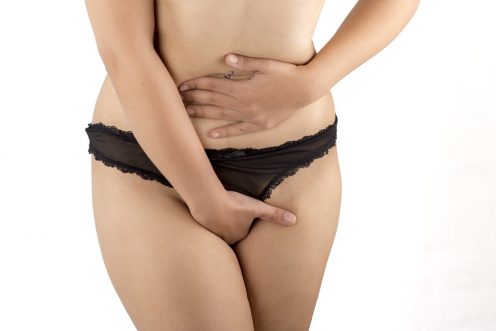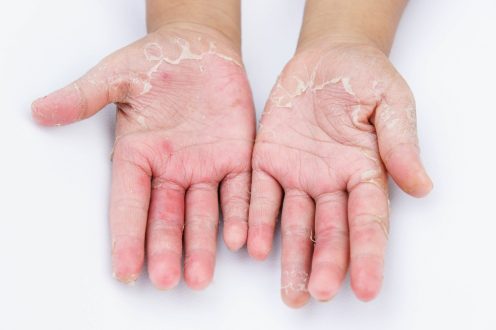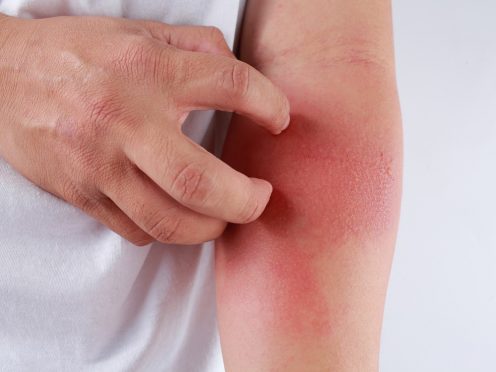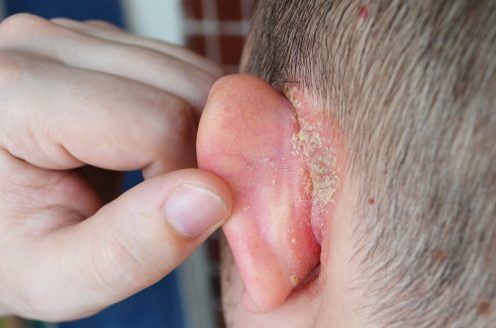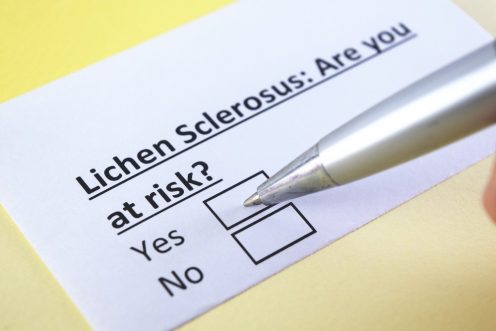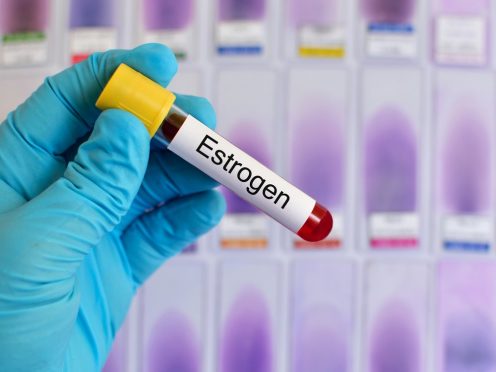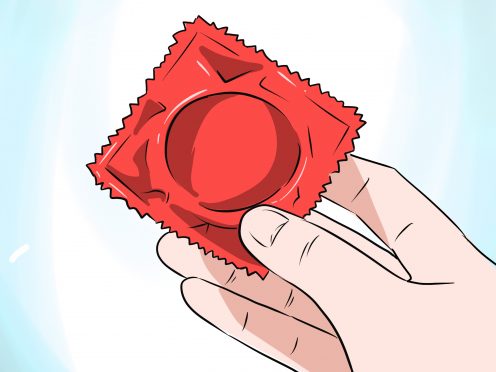Vaginal Itching, Burning and Irritation

Causes of Vaginal Itching, Burning and Irritation
No woman can escape vaginal itching and burning at some point of her life. In many cases it is related to natural body activity and does not represent any problem. However, it is important to have your health controlled, understand the symptoms and possible health issues behind them.
Apart from natural reasons such as menopause or hormonal changes, vaginal itching, burning and irritation can be caused by sexually transmitted diseases, bacterial vaginosis, skin inflammations and even chemical irritants.
Sometimes these symptoms can accompany pregnancy. Vaginal discomfort caused by STDs and bacterial infection requires professional treatment with medications as it can lead to various complications, including infertility.
In other cases the use of steroid creams and proper hygiene can be sufficient. Anyway, do not hesitate to visit your doctor if any of these symptoms show up. Do not scratch the itching areas as it can worsen the problem and leave scars. Here are the main causes of vaginal itching, burning and irritation.
STDs

Sexually transmitted diseases are probably the most common reason for vaginal itching, burning and irritation. Many of them do not have any symptoms on early stages, but once you’ve developed any, make sure to visit a doctor and diagnose the disease. STDs can develop serious consequences, lead to infertility and even death. However, most of them can be treated relatively easily on early stages, so it is important to know your health condition and be prepared to take measures if itching, burning or irritation occurs.
1. Chlamydia
Chlamydia is a very popular STD that can have no symptoms at all or be responsible for itching, burning sensations and irritation. When left untreated, the disease can damage female reproductive system, cause aggravations such as Pelvic Inflammatory Disease and even end up in infertility.
2. Genital Herpes
Genital Herpes is an easily transmitted viral disease that often shows no symptoms. In other cases it can result in blisters and sores in the genital area that may burn, itch and make a person experience irritation. Genital Herpes is virtually incurable, so certain medications might be necessary to keep these symptoms away.
3. HPV
Most Human Papillomavirus types are not dangerous for human health, do not cause any symptoms and go away on their own, often unnoticed. However, there are certain types of the virus that can lead to genital warts or even cancer. In these cases a person can experience itching and unpleasant sensations, including irritation and burning.
4. Gonorrhea
Sexually active young people are prone to contracting a very widespread sexually transmitted disease, gonorrhea. This dangerous infection often shows no symptoms and is difficult to diagnose. However, if the symptoms do occur, they may include burning during urination, both in men and women.
5. Trichomoniasis
Like gonorrhea, trichomoniasis is difficult to diagnose and typically is not accompanied by any symptoms. Yet, women can experience itching and irritation in the genital area, as well as burning during urination.
Other causes
Vaginitis
Vaginitis is a common term for vaginal inflammation, caused by different conditions, mainly bacterial vaginosis, trichomoniasis and bacterial candidiasis or yeast infection. The most typical symptoms are burning, itching and vaginal discharge, often accompanied with unpleasant smell. Vaginitis can be treated effectively with antibiotics, antifungal or antibacterial creams and other medications depending on the cause.
Bacterial Vaginosis
Excessive bacteria in the vagina are responsible for bacterial vaginosis. It results in fish-like smell, white or grey discharge and may as well bring burning during urination. Bacterial vaginosis is a very common infection that needs to be treated early as it can increase the chances of contracting STDs, including HIV, and developing Pelvic Inflammatory Disease.
Yeast Infection
Vaginal Candidiasis, commonly referred to as Yeast Infection, is a type of vaginitis that is caused by the excessive upsurge of yeast in vagina. Vaginal itching is a common symptom with burning during urination, irritation and uncommon discharge also possible.
Contact Dermatitis
Contact dermatitis, commonly referred to as rash, is a skin inflammation caused by allergic or irritant reactions. If there is a flaw in the immune system, it may react to something you’ve touched or sensed and produce antibodies and eventually allergic reaction. Irritant reaction occurs when something destructive stays on your skin for some time and does significant damage to it. In both cases dermatitis may result in itching, burning and irritation.
Eczema
Eczema is another type of inflammation, characterized by skin dryness, recurring rashes, swelling, itching, appearance of lesions and patches. The nature of the disease remains unclear, while the symptoms are kept at bay by creams, moisturizers and other medications.
Psoriasis
Psoriasis is a chronic skin condition that appears in the form of patches and plaques of abnormal, thickened skin. It grows rapidly and excessively and typically affects the scalp, elbows, knees, nails and other parts of the body. The disease is considered to be incurable and causes abundant irritation and itching. It usually takes topical agents to subdue the symptoms in mild cases, while complex treatment is required in severe conditions. Although the nature of psoriasis remains largely unclear, the climate, stress and chronic diseases tend to influence the intensity of the disease.
Lichen sclerosus
Lichen sclerosus is another skin inflammation of unknown nature, mainly affecting women in post-menopausal age. The symptoms include white lesions or spots in the genital areas that may itch. Lichen sclerosus is a chronic condition and there is no direct cure for it. However, proper hygiene and lack of scratching is a good aid in treating it.
Hormones
Another reason that can cause itching is a hormonal change in a woman’s body after the start of menopause. Once the estrogen level begins to decline, there is less oil to smooth the skin which makes it dry and often itchy. Lack of estrogen also makes the body unable to retain the right amount of moisture.
How to stop vaginal itching
Strong itching is arguably one of the most irritating sensations that a human being can experience. It can become particularly uncomfortable when affecting the sensitive genital areas. But apart from discomfort vaginal itching can be the symptom of some dangerous disease, so when you feel abnormal itching, burning or irritation in the genital area, do not hesitate to visit your healthcare provider and find an appropriate treatment depending on the nature of the problem.
Medical Treatment for vaginal itching, burning and irritation
Itching and burning related to STDs and vaginosis are normally treated with antibiotics. Such medications are prescribed by the doctor only and depend on the type of the disease or virus you have. Antifungal medications are used to treat yeast infections. They can be inserted into the vagina or taken orally.
Home Remedies for Vaginal Itching
Once you’ve developed vaginal itching or burning, make sure to visit your doctor to diagnose the cause, do not try to get rid of the symptoms without knowing the problem behind them. However, there are certain ways to prevent vaginal itching, burning or irritation and to treat mild conditions, not related to serious infections:
- Try not to use scented and flavored pads, toilet paper and other hygiene products
- Only use water and plain soap to clean your genital area once a day
- Wear cotton underwear only and change it every day
- Don’t douche
- After a bowel movement, wipe from front to back only
- Use condoms while having sex
- Do not have sexual intercourse before any abnormal symptoms have gone
- If you have vaginal itching or burning, do not scratch as it can aggravate the problem and leave scars
- If you have a baby girl, change her diapers regularly.
Creams for vaginal itching
If itching and burning is not related to sexually transmitted diseases or any other infections, it is possible to use steroid creams or lotions to relieve inflammation and discomfort. Lichen sclerosus or eczema are the examples of such cases.
FAQ
-
How can I get rid of vaginal itching?
If you experience vaginal itching, burning or irritation, the first thing to do is to find out the reason behind the problem. If it is vaginosis, sexually transmitted diseases or yeast infections, your doctor might prescribe antibiotics or other efficient medications. If it is menopause-related or caused by temporary inflammations, steroid or estrogen creams can be sufficient. In any case, follow some simple tips to reduce the risk of complications and to help your body get rid of the problem. Don’t scratch, don’t douche, use unscented soap and water to wash your vagina, don’t wash it too often, wear cotton underwear and use condoms while having sexual intercourse.
-
What should I do if I have vaginal itching while pregnant?
A woman’s body goes through complex changes during pregnancy, which may result in abnormal reactions such as excessive vaginal discharge. This irritates the sensitive skin of the vulva and may develop itching or swelling. Hormonal changes also contribute to abnormal sensations. However, strong itching may also be a symptom of serious infections and diseases and requires a doctor’s attention. If you start home treatment without being diagnosed properly, you may get rid of the symptoms, but not of the problem behind them. This may end up in transmitting some disease to your newborn child.
-
What causes brown vaginal discharge and itching?
In most cases the brown discharge from the vagina is harmless and represents a natural cleaning process in a female body as it gets rid of bacteria, excessive mucus and dead skin cells. Light brown discharge may normally last for several days and go away on its own. Dark brown discharge, however, can accompany serious health problems, including Pelvic inflammatory disease and cervical cancer and requires a thorough check. It should be noted that the brown color of discharge may also hint at pregnancy, internal bleeding, perimenopause, vaginitis or STDs. Brown vaginal discharge can have an unpleasant smell and cause itching, burning or swelling.
-
What causes vaginal pain and itching?
There are several reasons for vaginal itching and pain. Some of them, like hormonal changes, are the natural processes in the woman’s body that come and go without treatment and consequences. Others can damage the body or affect the woman’s reproductive functions and need to be treated professionally. They are sexually transmitted diseases, bacterial infections. Skin inflammations, such as dermatitis or psoriasis, can also affect the genital area and cause itching and discomfort.
-
What causes vaginal itching without discharge?
While the vaginal itching is normally accompanied by abnormal discharge and unpleasant smell, some women may experience no particular secretions or odors. This usually happens courtesy of allergic reactions and skin inflammations, such as contact dermatitis, psoriasis or dandruff; parasitic infections, such as scabies or lice; psychological and hormonal factors. Rare cases include lichen sclerosus, vaginal dystrophy.

